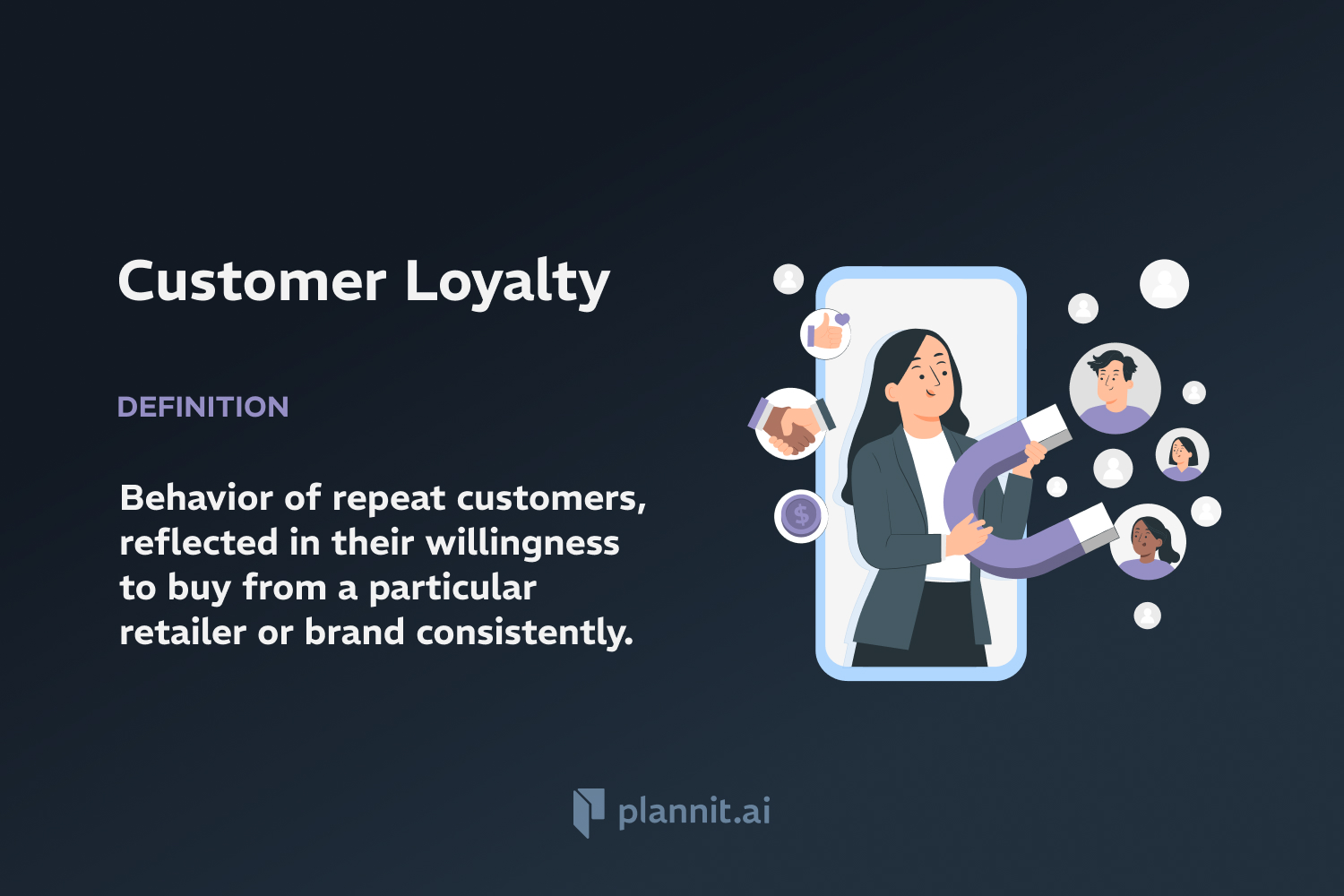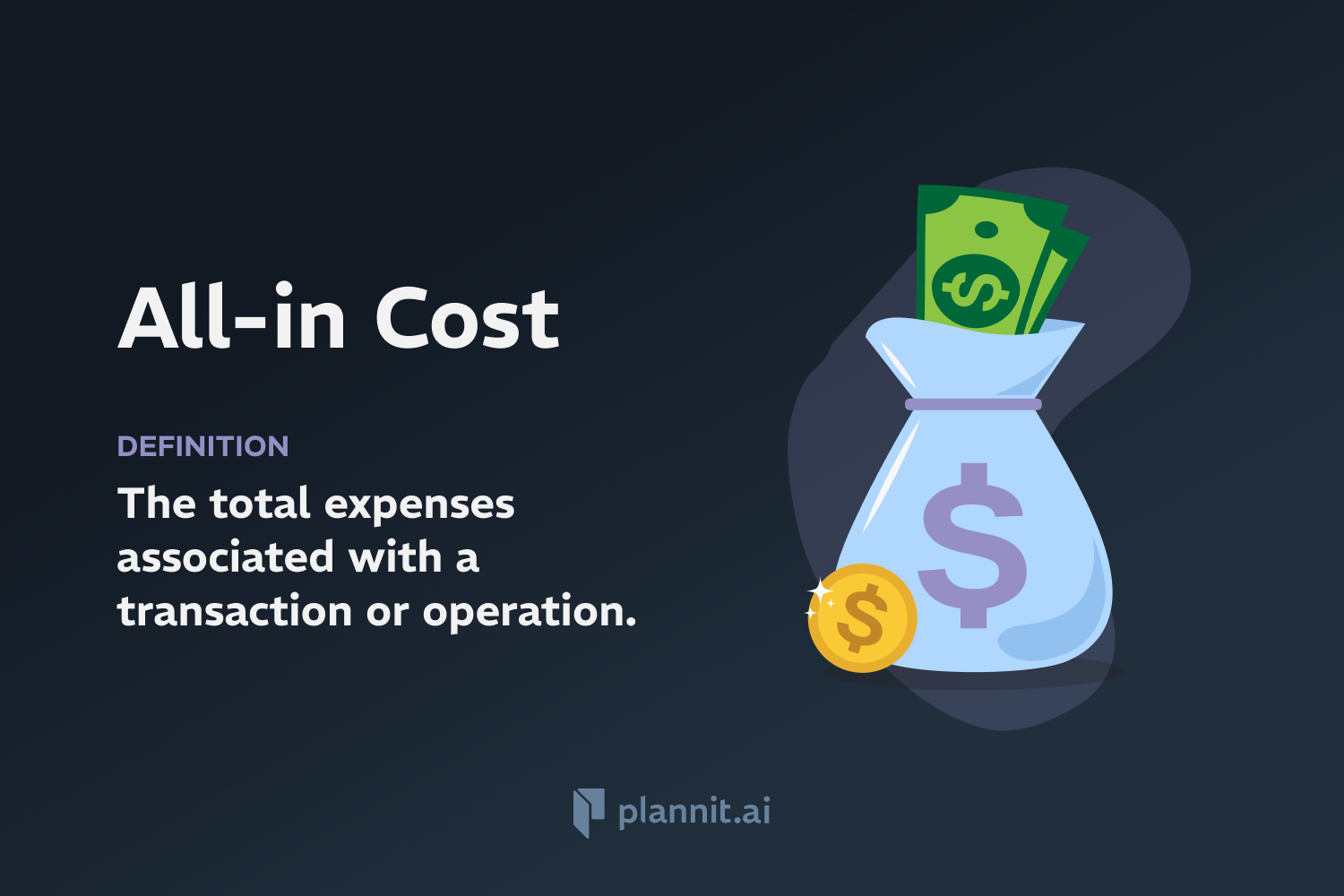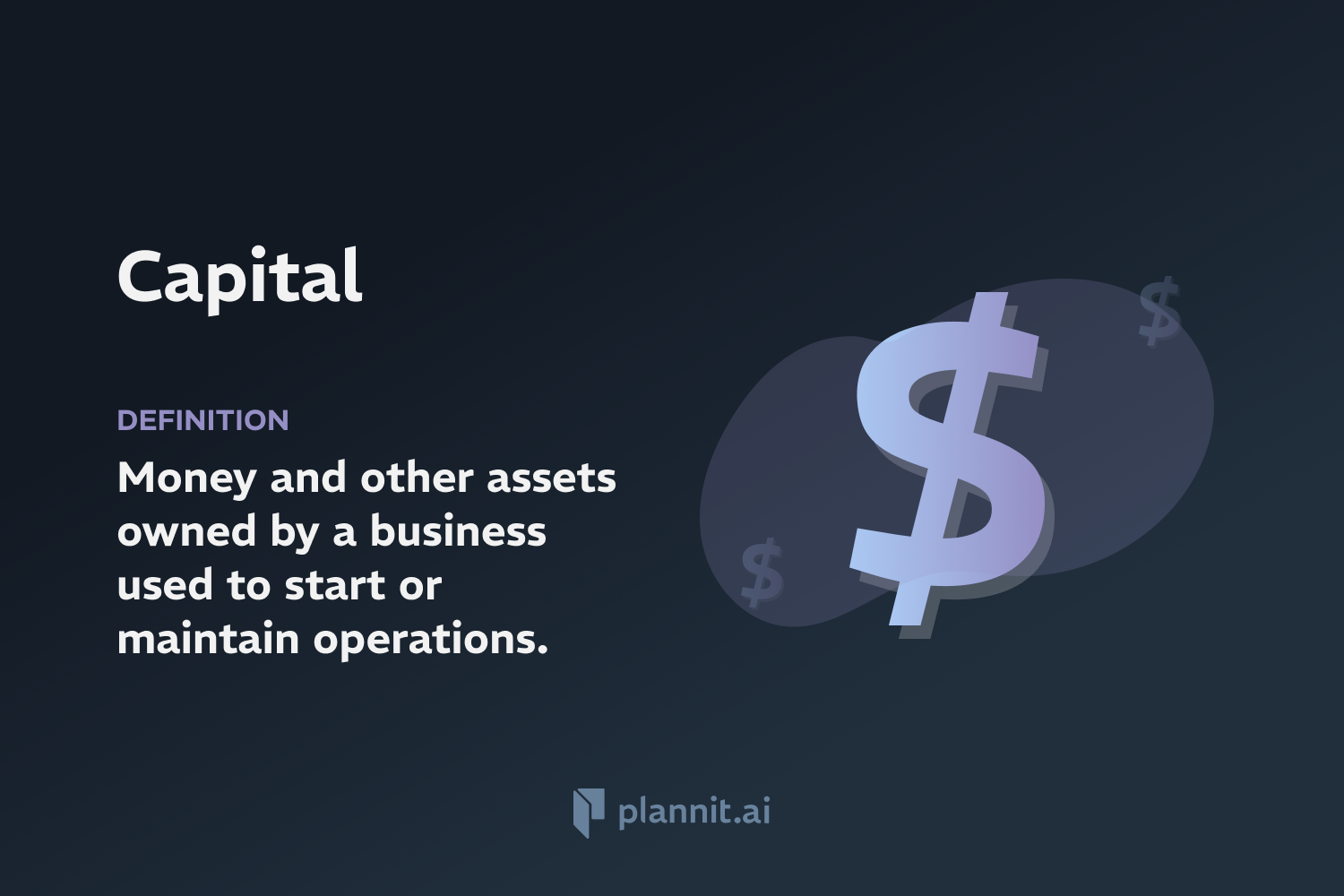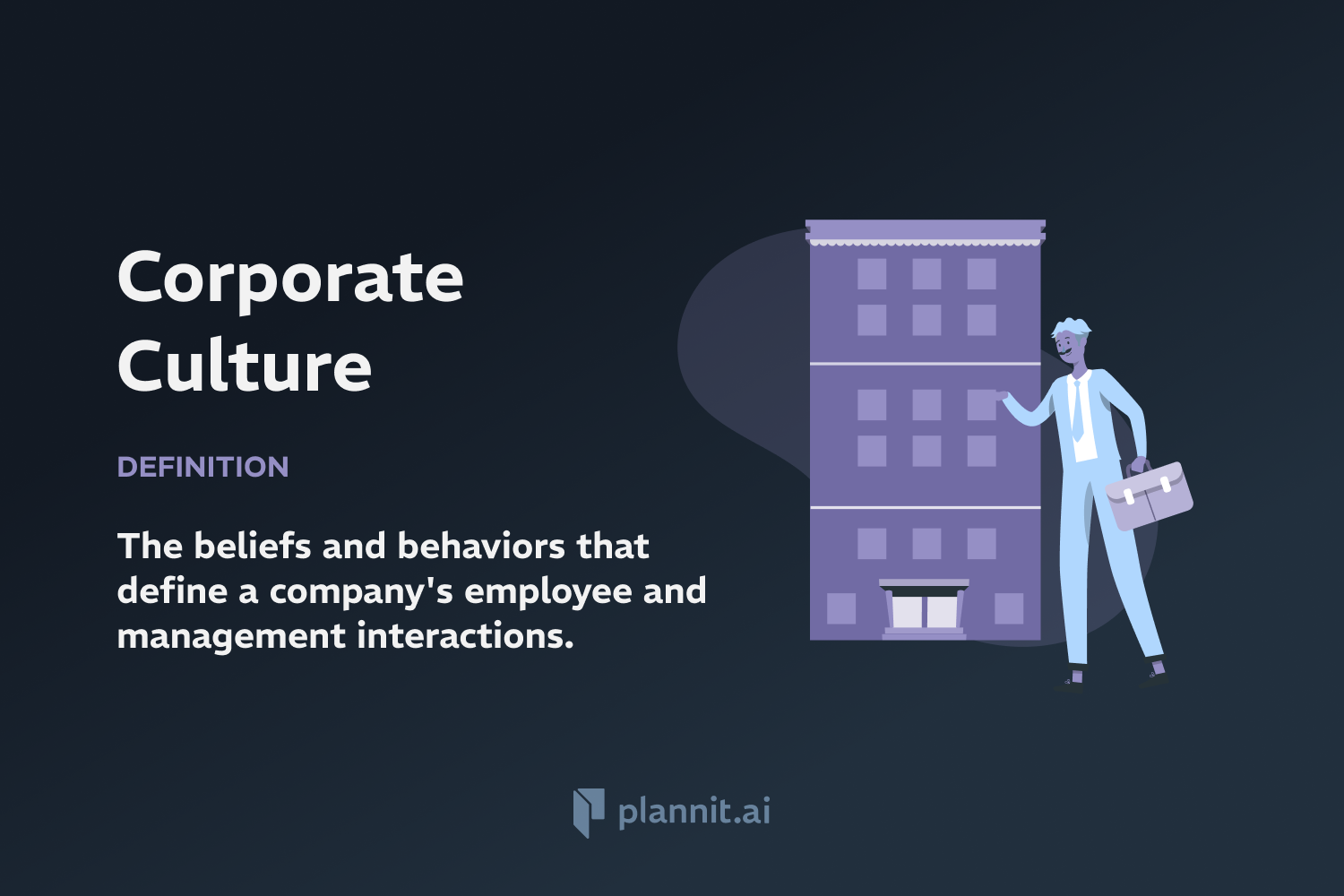Need Help With Your Business Plan?
Answer tailored questions and get a detailed business plan in minutes.
Customer Loyalty: Definition & In-Depth Explanation

Customer loyalty refers to a customer's willingness to repeatedly return to a company to conduct some type of business due to the delightful experiences, satisfaction, and value they receive from that relationship. It is a crucial aspect of any business's strategy, as loyal customers often contribute to a significant portion of the company's revenue and are more likely to provide valuable feedback and word-of-mouth promotion. Industries across the board, from retail and e-commerce to B2B services, strive to build and maintain customer loyalty through various programs and strategies.
Purpose:
The purpose of fostering customer loyalty is to build a sustainable competitive advantage by developing a strong, loyal customer base. Loyal customers are less likely to switch to a competitor based on price and are more forgiving of mistakes. They also tend to spend more and can act as brand ambassadors. Beyond the direct financial benefits, customer loyalty also contributes to a more positive and engaging brand reputation.
Example:
A coffee shop offers a loyalty card that rewards customers with a free drink after they purchase ten drinks. This program incentivizes customers to return to the shop for their coffee needs, increasing repeat visits and enhancing customer loyalty. The coffee shop also engages customers through personalized service and remembers regulars' orders, further strengthening the emotional connection and loyalty to the brand.
Related Terms:
Customer Retention: The ability of a company or product to retain its customers over some specified period.
Loyalty Program: A marketing strategy designed to encourage customers to continue to shop at or use the services of a business associated with the program.
Brand Loyalty: The tendency of consumers to continuously purchase one brand's products over another.
Customer Satisfaction: A measure of how products and services supplied by a company meet or surpass customer expectation.
FAQs:
How can a company measure customer loyalty?
Customer loyalty can be measured through repeat purchase rates, customer lifetime value (CLV), Net Promoter Score (NPS), and engagement levels on social media and other channels.
What strategies can businesses use to increase customer loyalty?
Strategies include creating loyalty programs, personalizing customer interactions, providing exceptional customer service, soliciting feedback and acting on it, and consistently delivering high-quality products or services.
Can customer loyalty shift over time?
Yes, customer loyalty can change due to various factors such as changes in customer preferences, competitor actions, and any negative experiences with the brand.
What is the difference between customer loyalty and customer retention?
While both concepts are related to keeping customers over time, customer loyalty refers to the emotional connection and preference for a brand, whereas customer retention focuses on the actions a company takes to prevent customers from switching to competitors.
How does customer loyalty contribute to a company's success?
Loyal customers tend to make more purchases and higher-value purchases, provide referrals, and offer constructive feedback, all of which contribute to sustained revenue growth and reduced marketing costs.
Get funding with a business plan that will impress investors.
Starting a New Business?



